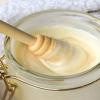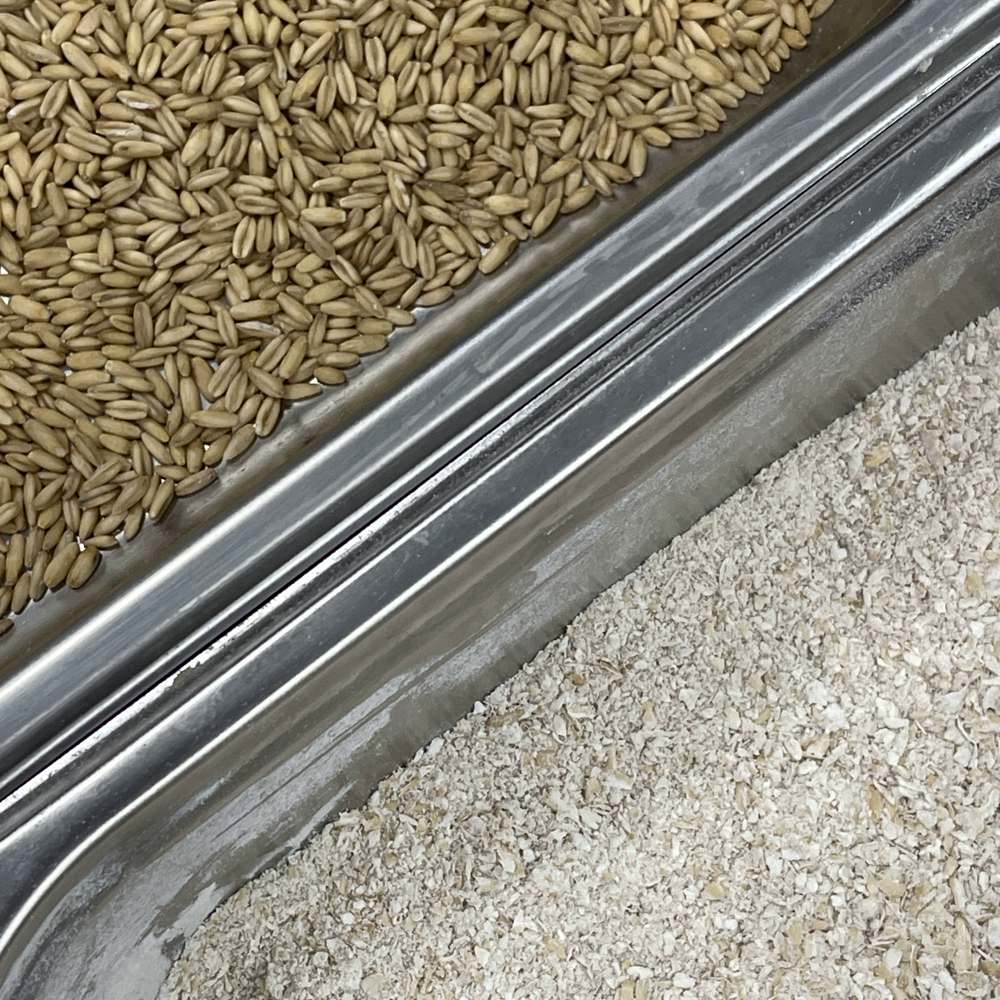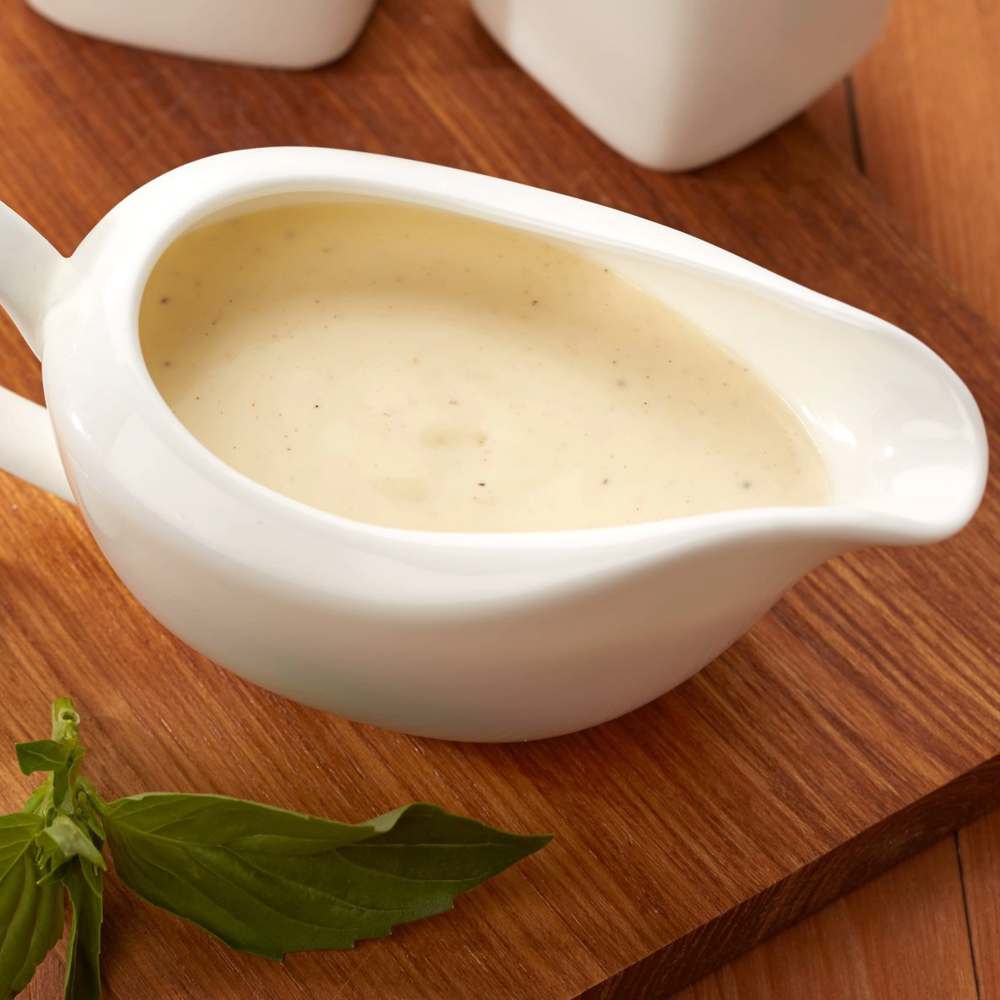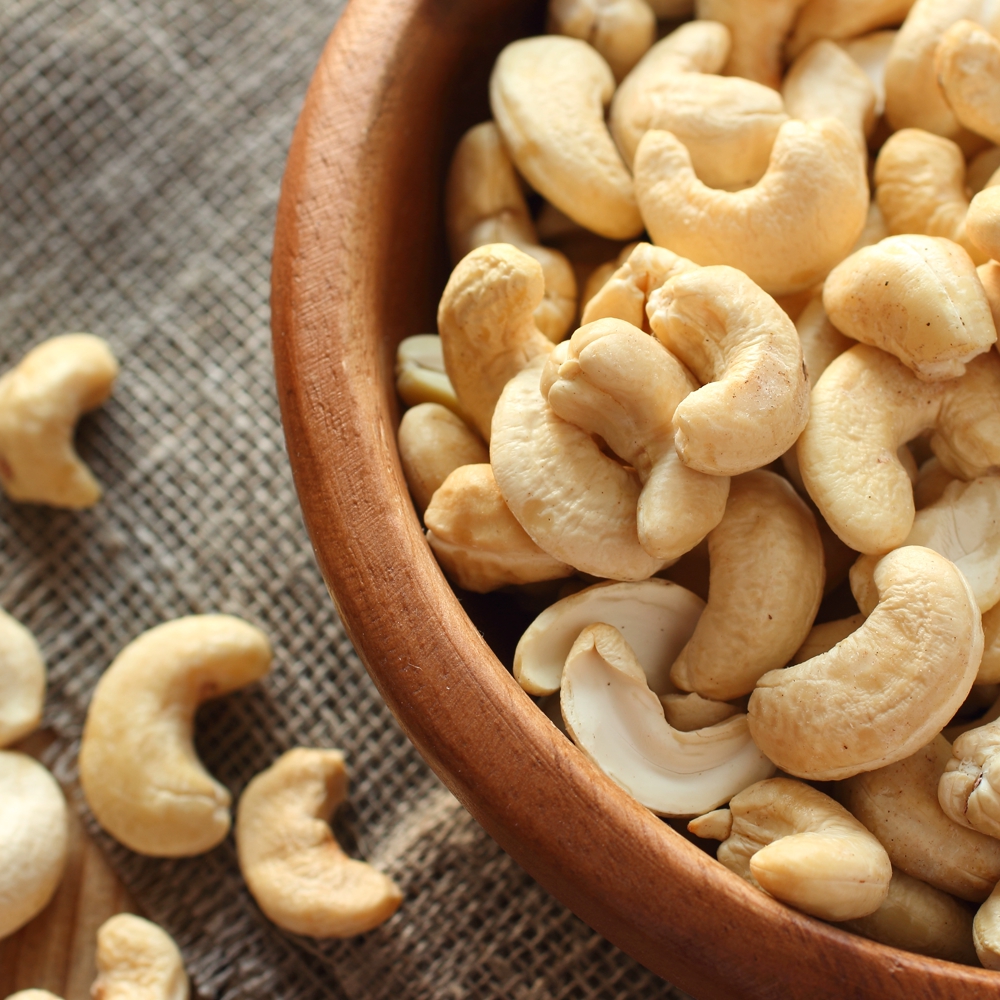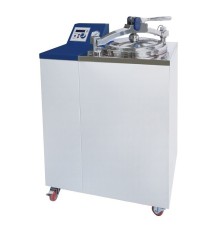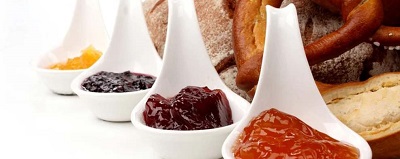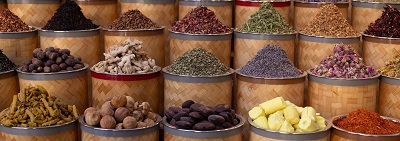AUTOCLAVES
Autoclaves for professional sterilization of food products at pressures above atmospheric pressure.
Products are most often processed under atmospheric pressure, where the boiling point of water is reached at 100 degrees. As a rule, during atmospheric processing, products can be contaminated with various pathogens present in the environment, in particular in the air, and which can subsequently develop and actively grow in the finished, packaged product.
Autoclaves can be divided into two main categories:
- Autoclaves used in food production with a maximum pressure of up to 2 bar, and
- High-pressure autoclaves for use in the chemical industry, operating at pressures above 2 bar.
The difference in pressure is a direct difference in the processing temperature, since the higher the excess pressure, the higher the processing temperature.
High-pressure autoclaves are used primarily to achieve the necessary high temperatures to activate certain chemical reactions.
In the food industry, autoclaves are devices with relatively low excess pressure, which allow you to achieve a product sterilization temperature of above 100 degrees celsius using water and steam (the boiling point of water in the atmosphere).
The need for pasteurization and sterilization of food products is associated with high food safety standards (due to the presence of possible bacteria and microorganisms) and the goal of extending the product's shelf life, ensuring its safety for use after storage.
Autoclaves with a pressure of up to 2 bar are widely used for sterilization of the finished product in packaging during the canning process.
Their main advantage is being a fairly simple technical solution - the ability to use water as a coolant for sterilization by reaching a temperature of 120 degrees.
The principle of operation of autoclaves is based on the combination and effect of the following three components: heat, steam and pressure.
Inside the autoclave reactor, when the coolant (water) is heated, secondary steam begins to form, which remains inside the unit, increasing the excess pressure within, thereby increasing the processing temperature. For sterilization of canned food, it is recommended to use the following modes (depending on the product and the required processing technology):
- Maintaining canned food at an excess pressure of about 1.1 bar for 60 minutes
- At an excess pressure of about 1.5 bar - for 45 minutes
- The duration of the product's processing time at an excess pressure of about 2 bar is reduced down to 30 minutes
These indicators directly reflect a reduction in the time required for sterilization when higher excess pressure is reached inside the autoclave. But higher pressure is not always beneficial and applicable, there are many products and types of packaging that may not withstand high temperatures, excess pressure and steam. Therefore, it is recommended to choose a type of autoclave that allows you to process the product in various modes with the ability to regulate excess pressure and, accordingly, temperature.
According to technical features, small-capacity autoclaves usually comprise of a high-pressure vessel with a pressure hatch, a heating system, regulating and shut-off valves with a control panel.
Depending on the manufacturer, the heating system can have a built-in or external heat exchanger - with either natural or forced circulation.
A distinctive feature of large volume autoclaves is the method of loading the product into the reactor - from the side using a mobile trolley on rails, into a horizontal high-pressure vessel.
To increase and improve heat exchange inside the autoclave reactor, a product rotation system can be included.
Sterilization is one of the important stages in the process of food production (in particular, in the field of food preservation), which is necessary both for the buyer - as a guarantee of product safety, and for the manufacturer - to extend its shelf life.
Autoclaves are often used in food, chemical or medical applications to perform sterilization. We offer different autoclaves with different capacities.
For more information, please send us an email at sales@foodtechprocess.com









